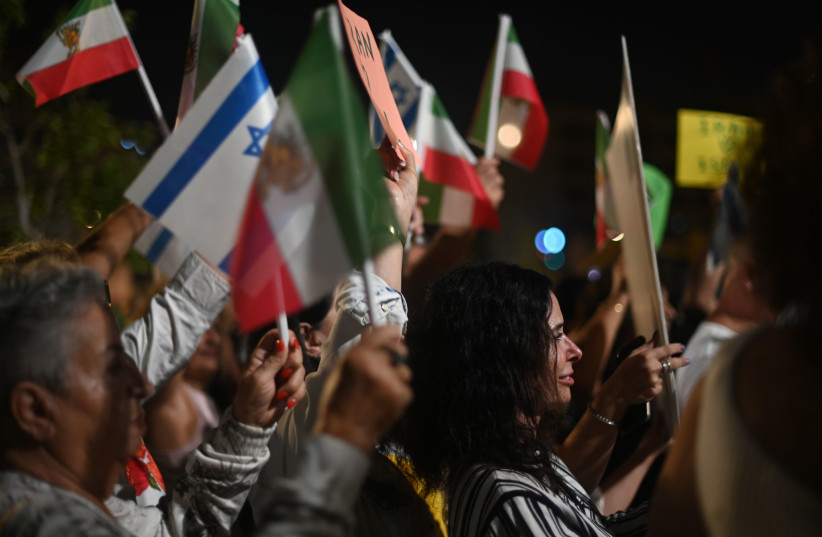Activists called on Twitter owner Elon Musk to ban Iranian Supreme Leader Ayatollah Ali Khamenei from Twitter in a petition that amassed over 62,000 signatures by Thursday.
The Change.org petition, which is written in both English and Farsi, argued to Musk that Khamenei has been using Twitter to promote violence in his state and against people abroad. His regime has been violently cracking down on Iranian protesters, and Khamenei has a long history of using Twitter to call for the destruction of Israel and the United States.
"For 43 years, the Islamic regime in Iran, led by Ayatollah Khamenei, has overseen the brutal and systemic persecution of its own people, torturing, raping, and killing civilians who oppose the regime," read the petition. "Within Iran, the Ayatollah is responsible for the Islamic Revolutionary Guard Corps (IRGC) which is a US-designated terrorist organization, and the morality police which routinely harasses and arrests women for not wearing the mandatory hijab."
The petition also argued that Khamenei has overseen the development of an IRGC-run network of terrorist proxies in Iraq, Syria, Yemen, Lebanon, and Gaza.
"We, the undersigned, are Twitter users from all over the world who are calling for one action: remove the Ayatollah Khamenei from Twitter."
Change.org petition
"Twitter is allowing itself to be used as a tool of the IRGC," said the petitioners.

The activists accused Khamenei and the Islamic regime's cyber forces of using "bots to target and harass activists who speak out against the regime outside of Iran. This is a stark violation of Twitter’s existing policies." Musk himself had in the past expressed concern about the presence of bots on the platform, a worry which he said caused him hesitation in the purchase of the social media platform.
"We, the undersigned, are Twitter users from all over the world who are calling for one action: remove Ayatollah Khamenei from Twitter. Any leader who bans a platform for his own citizens shouldn’t be able to use that platform as a tool to promote antisemitism, violence and extremism – especially that which leads directly to violence against innocent people."
Khamenei has over 940,000 followers on his primary Twitter account. Activists have previously called for the suspension of Khamenei's account over violent online rhetoric, especially after the banning of former president Donald Trump.
Activism against the Iranian regime crackdown
The petition was started by writer and activist Emily Schrader, who has been outspoken in her support of Iranian protesters. On October 29, Schrader and other Israeli community leaders held a rally in Tel Aviv in solidarity with protesters in Iran.
The demonstration was attended by hundreds, and Israeli politicians such as MK Sharren Haskel, MK Ruth Wasserman Lande, MK Mossi Raz, and deputy mayor of Jerusalem Fleur Hassan Nahoum.
"This is an international movement in support of equality for women and in support of regime change in Iran," Schrader previously told The Jerusalem Post.
Following the November 1 general election in Israel, leaders called on the incoming government not to stay silent about the violent regime attacks against Iranian protesters.
Anti-regime protests unfolded in Iran after the death of Mahsa Amini at the hands of the Iranian Morality Police on September 13.
